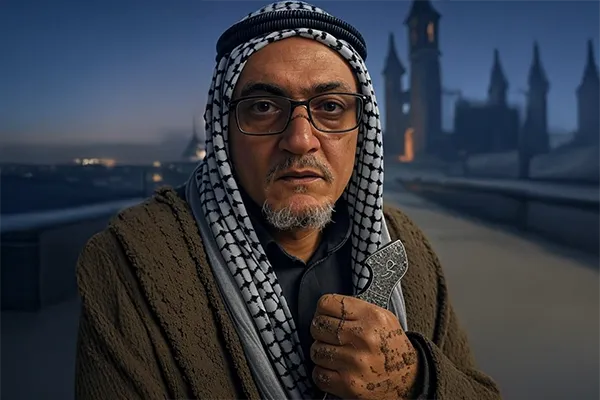By Joe Battaglia
Hidden In The Shadows: Jaber bin Faisal's Secrets
August 05, 2025
In the fog-drenched alleys of Doha’s Old Port, where the Gulf’s briny breath weaves through the air like a specter, clinging to the skin with a damp, salty kiss, Jaber bin Faisal moves as a shadow among shadows. His wiry frame, draped in a keffiyeh streaked with dock mud that smells of algae and decay, glides past creaking skiffs, their hulls slick with condensation, and rusted warehouses exhaling iron and neglect.

